It’s national shame we are 7th nation with highest TB burden – Minister declares as PPM Summit ends
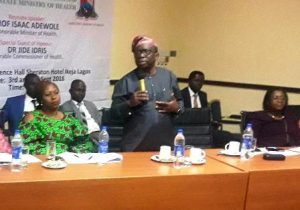
The Health Minister, Prof. Isaac Adewole (standing) addressing participants at the event. Sitting (left- right) are Dr. Linda Ozor of WHO and Dr. Evelyn Ngige, Director, Public Health, Federal Ministry of Health.
The Minister of Health, Prof. Isaac Adewole at the close of the Public Private Mix (PPM) Summit for TB Control in Nigeria in Lagos yesterday, September 4, declared Nigeria’s heavy burden of tuberculosis (TB) a national shame.
In a keynote address at the summit organised by the World Health Organisation in collaboration with the health ministry aimed at bringing together the Private Health Sector, and the Private corporate organizations to discuss support for TB control., discuss and proffer solutions to challenges of financing TB programs in Nigeria and to propose strategies to improve synergy among different stakeholders to harness and leverage on available resources to end TB in Nigeria, Prof. Adewole said Nigeria ought not to have such heavy TB burden when the disease is not only treatable but curable.
It is estimated that Nigeria records over 400,000 cases of TB every year, making her the 7th nation in the world and 2nd in Africa with the highest burden of the disease.
The Minister listed some factors that are contributing to the nation’s high TB burden. These include the erroneous belief that it’s a disease of the poor and the associated stigma which has made it so difficult to detect cases.
“TB is a disease of everybody,” the minister said, adding: “It’s not the disease of the poor (alone) it’s a disease of human beings. It doesn’t respect sex, gender height or position. Once you are exposed, you are liable. TB would not respect work, your vehicle or office. It goes by the air and no one is safe. The stigma enveloping TB is so huge that we must break the barrier,” he said.
The minister revealed that Nigeria is also one of the 14 countries considered by W.H.O as being high burden not only for TB, but also for TB/HIV and MDR-TB. Globally. According to him, TB now ranks as the ninth leading cause of death worldwide and the leading cause of death from a single infectious agent, ranking above HIV/AIDS (WHO Global TB Report 2017).
“TB has orphaned children and taken many breadwinners away with severe consequences on the economic welfare of families and also on the economy of the nation. This trend must not be allowed to continue.
“The TB cases notified in 2017 only represent about 25% of the estimated TB cases in the country. The remaining 75% of the estimated TB cases that are undetected (missing TB cases) remain in the community, leaving a high probability of transmission of the disease to other people. The infectious sources could be our close associates, workers, drivers, teachers etc. thereby putting all of us including our children at risk, and hence the need for all of us to work together to make Nigeria free of TB,” he said.
Prof. Adewole however told the Summit that the health ministry is working hard to address the TB menace. According to him, the country currently delivers TB treatment and care through a network of over 7,000 health facilities accredited by the National TB and Leprosy Control Programme (NTBLCP) up from 3931 in 2010. Similarly, the number of Drug resistant TB (DR-TB) treatment centres has been progressively increased from 10 in 2013 to 28 in 2017.
“There are on-going efforts by the Ministry to ensure Universal Coverage of TB care and prevention. To achieve this, a resolution was passed at the 60th National Council of Health meeting held last year, to include TB service delivery in the Primary Health Care Minimum Health care package. It is believed that these efforts will increase TB case finding.
“We have deployed cutting-edged technology to enhance TB diagnosis in the country. A total of 391 GeneXpert machines have so far been installed at 310 sites across the country for this purpose. To ensure universal access, the Government targets to have at least one machine per LGA.
“In addition, a total of 2,650 microscopy centres exists to support treatment monitoring. The number of TB reference laboratories has also increased from 8 in 2013 to 10 in 2018 to support the management of Drug resistance TB. In furtherance of the desire of the FMoH to improve access of all presumptive TB cases to Xpert MTB/RIF assay, specimen transport is being fashioned in a hub and spoke model. We have also expanded the capacities in-country to adequately manage Drug Resistant TB, with over 2,000 Drug resistant TB cases diagnosed in 2017.”
Prof. Adewole however acknowledged some daunting challenges currently being faced by the country in its TB control efforts. These, he said, include how to find the 302,000 missing persons with TB (74% of total estimated cases) that are not detected annually, adding that the proportion of undetected TB cases was even higher among children where 87% (48,550) of the estimated TB cases in this age group (of 56,000) were undetected. Other challenges, according to the minister include:
• The significant gap in multi-drug resistant/rifampicin-resistant (MDR/RR)-TB case detection as (89% or 17,714) of the estimated MDR/RR-TB cases are undetected and only 78% of diagnosed MDR-TB cases were enrolled in treatment in 2017;
• Decentralizing TB services to all health facilities (public and private) in the country, as only about 20% of health facilities are providing TB services. And about 5% of the private health facilities are providing TB services;
• Optimally funding of the National Strategic Plan for TB,
“To achieve our goal of ending the TB epidemic by 2030, additional support and effort is required. We must expand our current frontiers of control of TB as TB impacts negatively on the health & welfare of individuals as well as the economy of the nation,” He said.

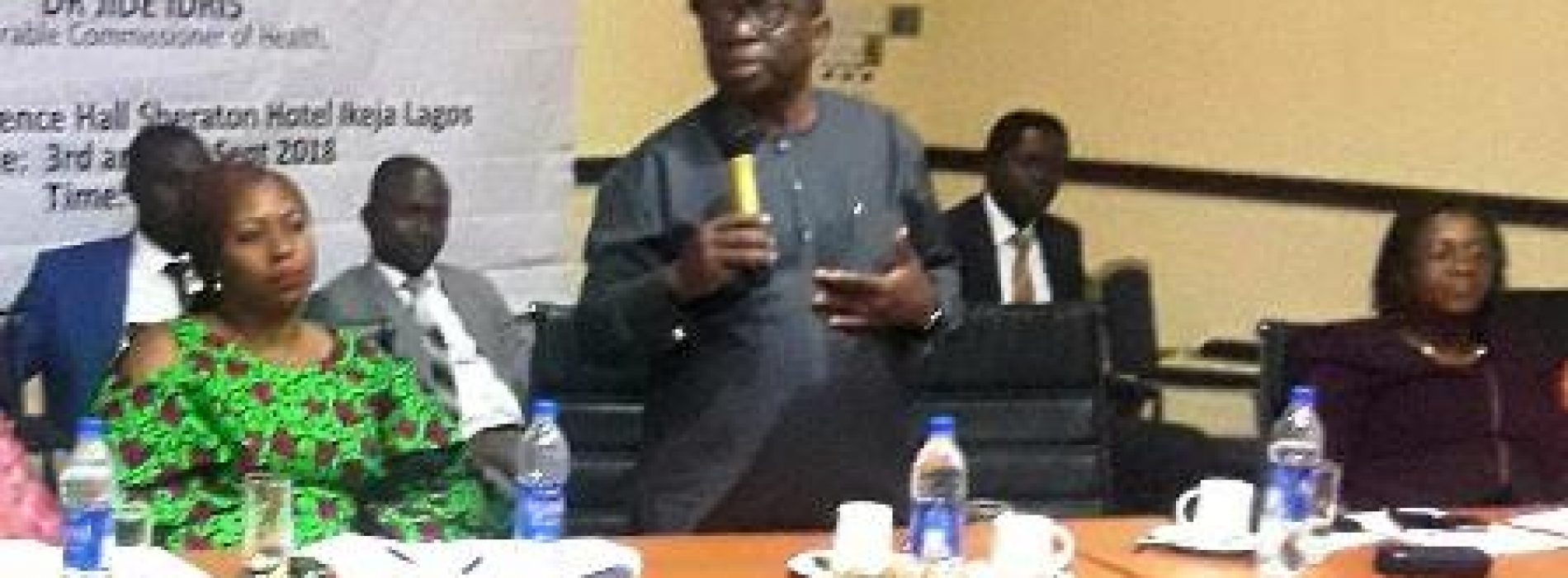
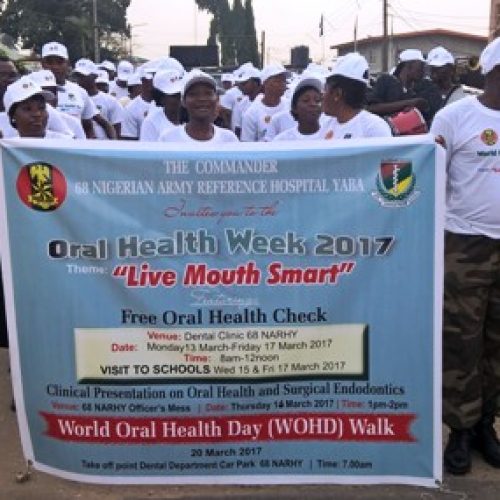
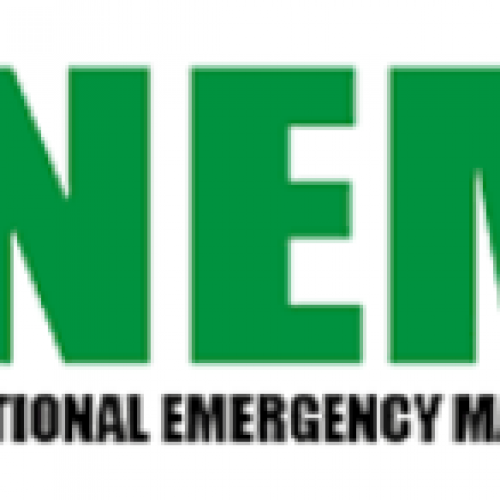
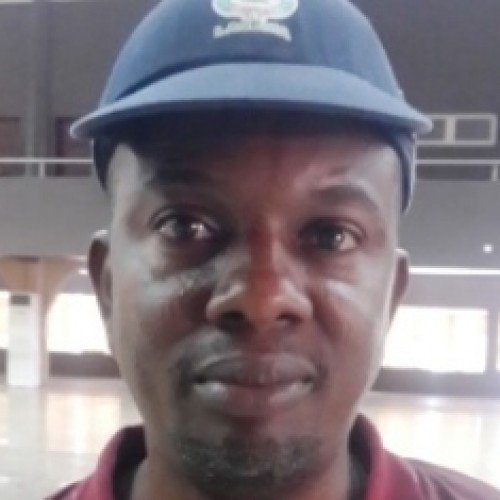


0 Comments
No Comments Yet!
You can be first to comment this post!